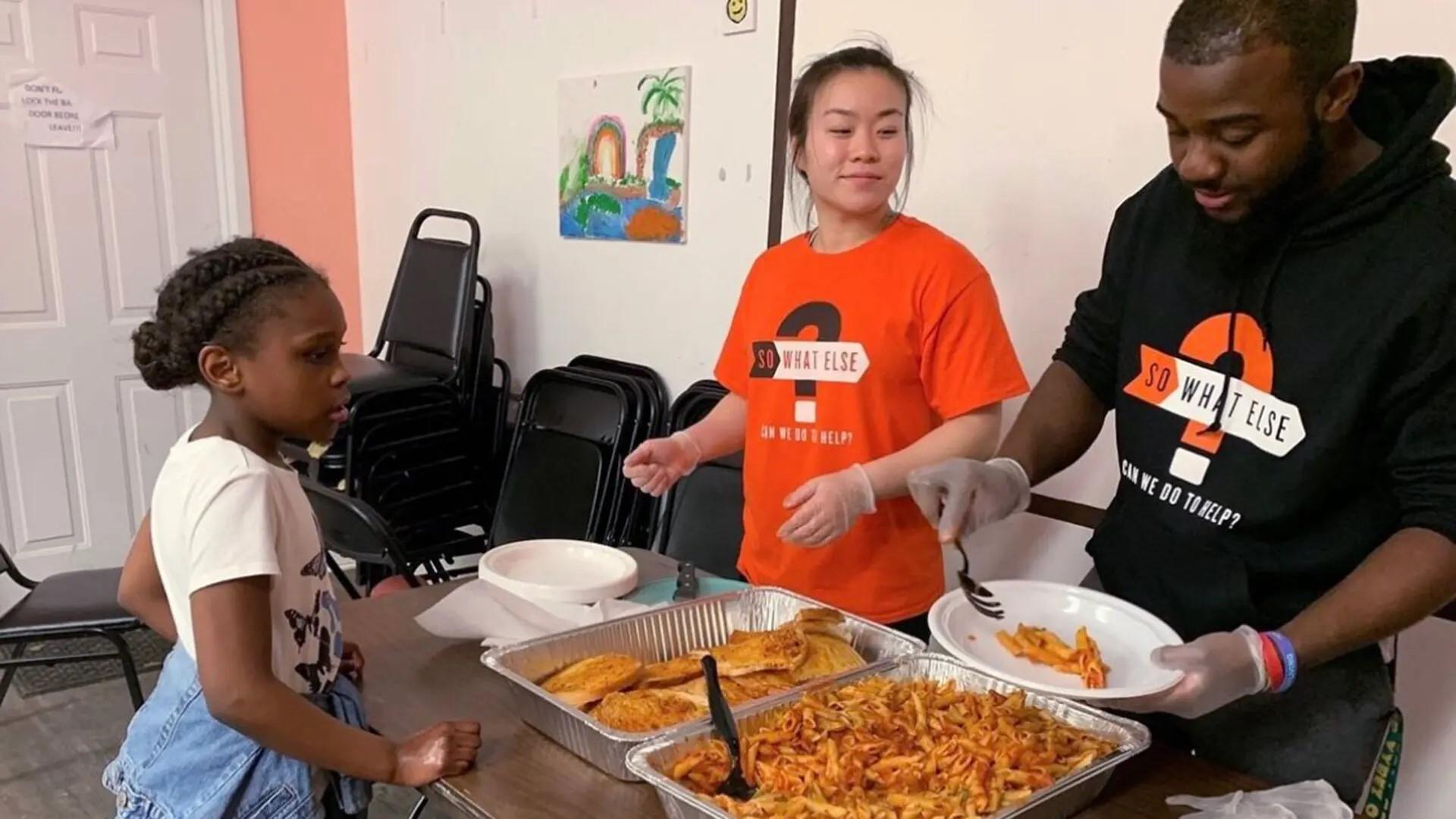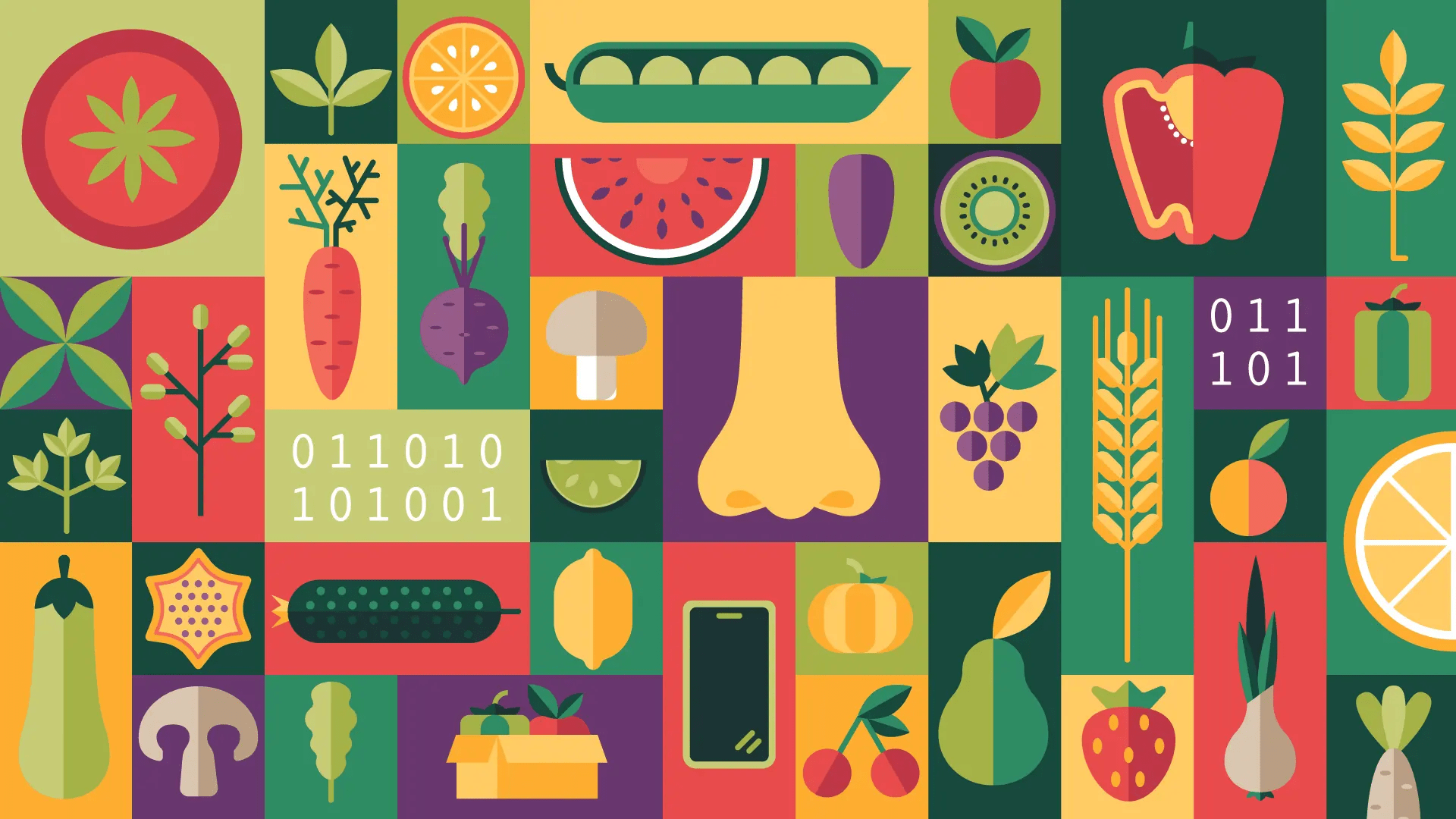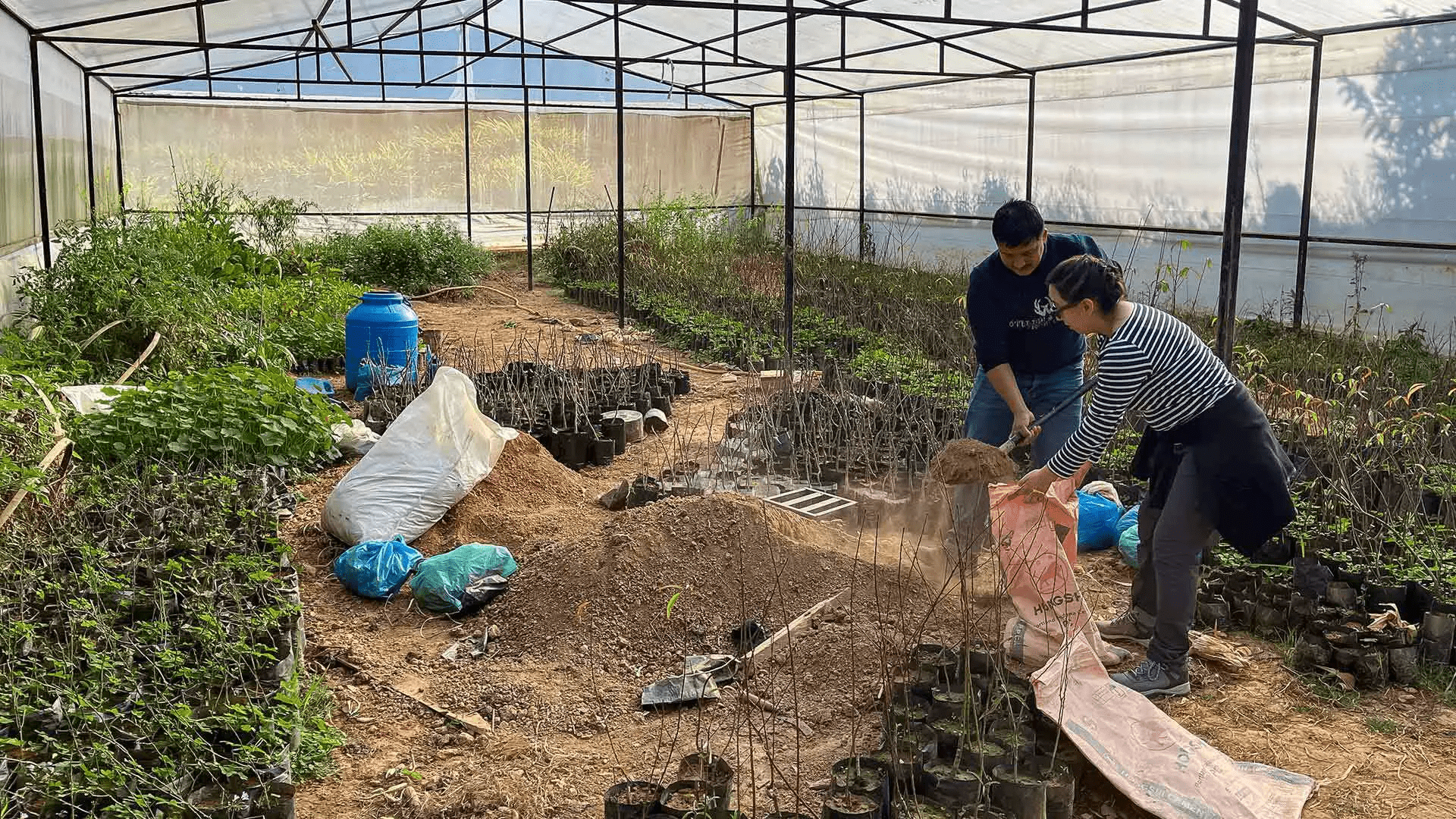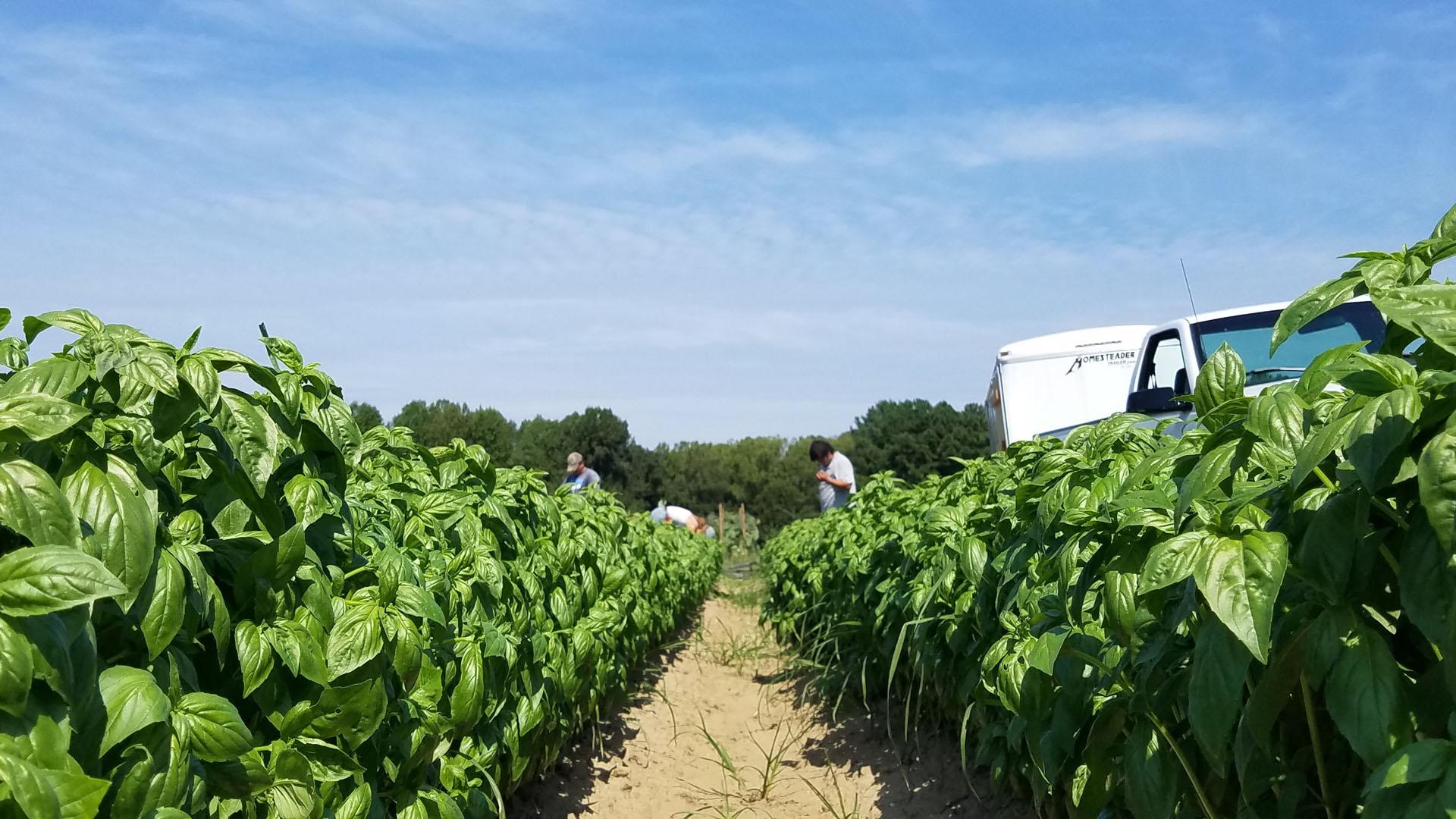
Sustainable Food Systems
Food systems– from agriculture to campus dining– shapes the health and well-being of people and the environment.
The University of Maryland has spearheaded sustainable food systems, from research and service to growing and sourcing local, fair, ecological, and humanely raised food for campus dining.
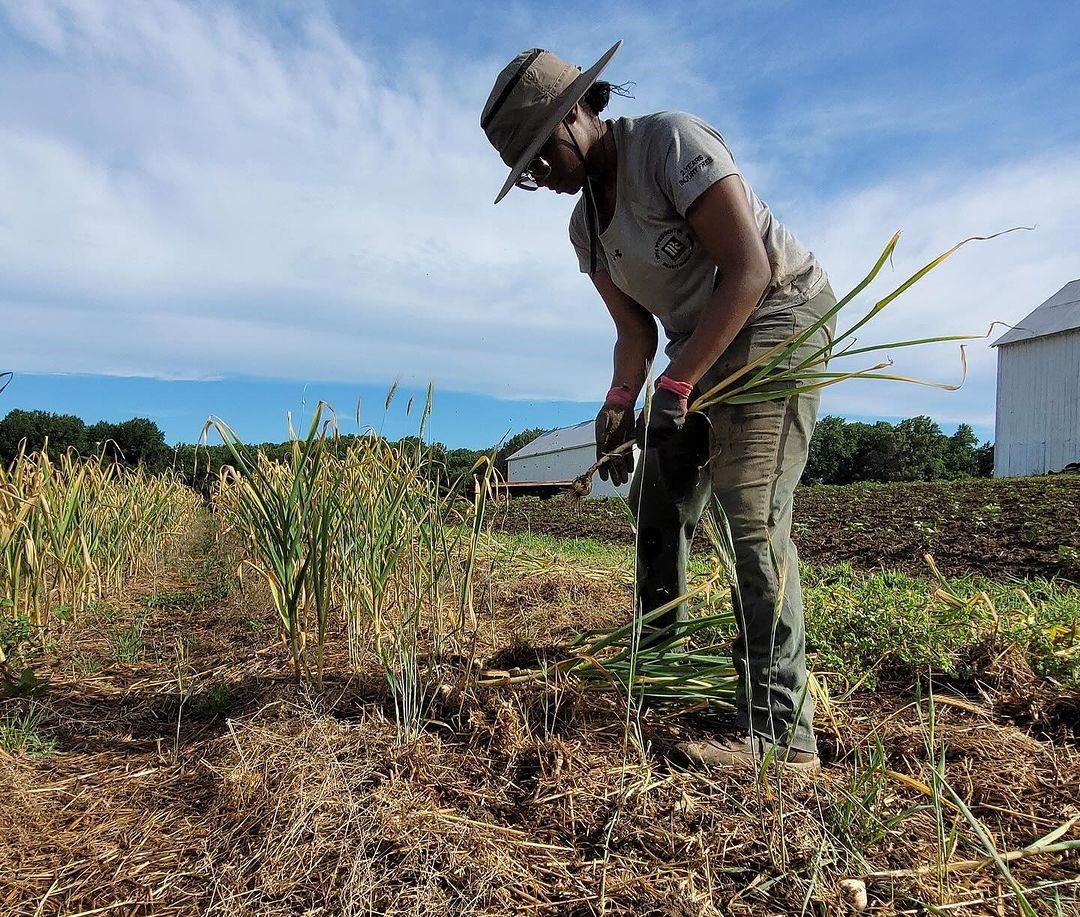
Campus Commitments
Supporting healthy, low impact food on campus while minimizing waste
The systems by which food is grown, processed, transported, prepared, served and disposed of has a direct climate impact, with about a third of all human-caused greenhouse gas emissions linked to food. As a university, we can reduce our food footprint through intentionally sourcing locally grown food that is sustainably grown and minimizing food waste.
Cool Food Pledge: In August 2019, the University of Maryland became the first university signatory of the World Resources Institute Cool Food Pledge, committing Dining Services to slash food-related greenhouse gas emissions 25% below 2017 levels by 2030.
Sustainable Food Commitment: UMD Dining Services surpassed their target of 20% sustainable food before the 2020 target. GHG emissions per plate were reduced 14.4% in 2022 compared to the previous year.
Menus of Change: UMD Dining is a member of the Menus of Change University Research Collaborative. This network of over 65 universities, research centers, and other organizations is accelerating efforts to move people toward healthier, more sustainable, and delicious foods using evidence-based research, education, and innovation.
UMD’s Ocean Friendly Campus Initiative: Dining replaced approximately 1.3 million plastic items from campus annually including bags, utensils, and straws, and provided reusable bags to all 9,000 Anytime Dining plan members. Get a 5-cent discount for using your reusable bag in a campus shop. Where possible, UMD Dining offers compostable straws, paper bags, compostable utensils, and paper stirrers.
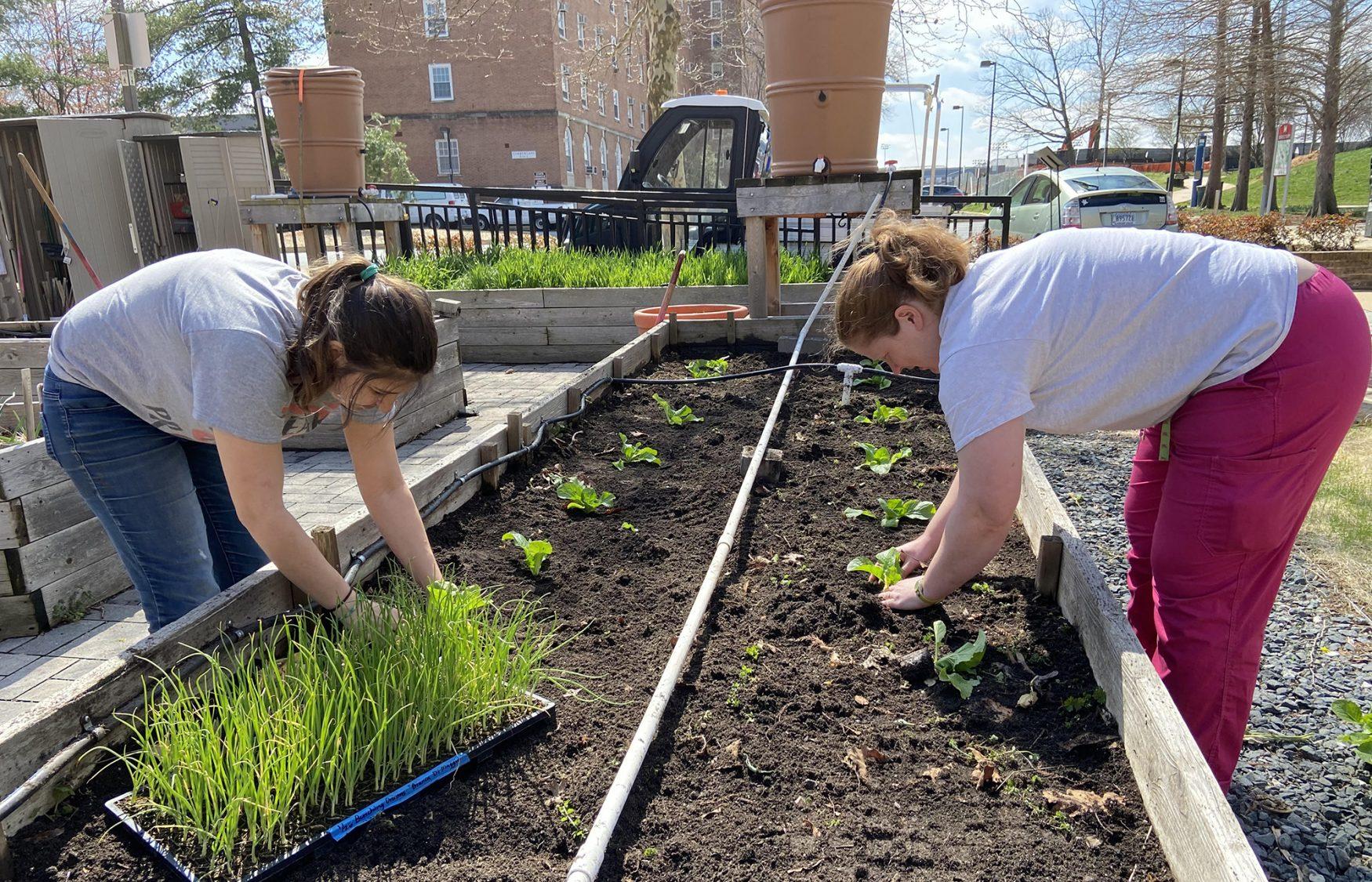
Opportunities
Get involved to support sustainable food on campus
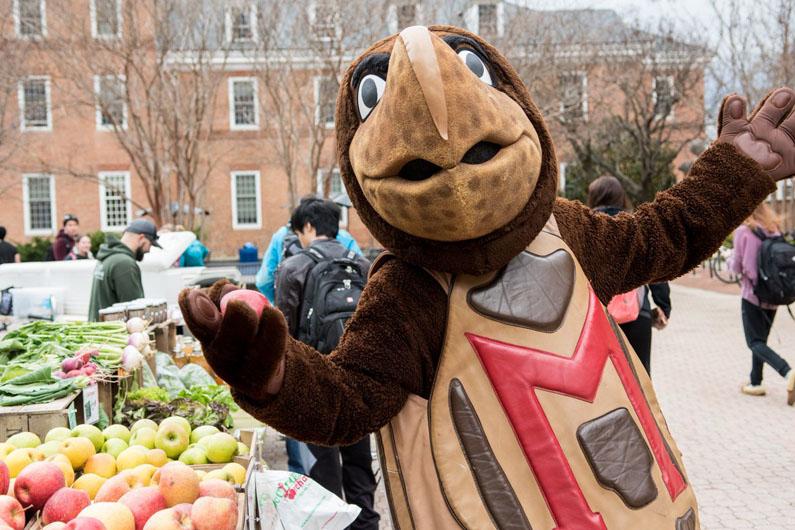
Campus Farmers Market
Shop local food at UMD's weekly Farmers Market on Wednesdays from 11am-3pm at Tawes Plaza. Vendors sell a variety of items including produce, baked goods, honey, jam, coffee, and local eggs. The market is open from September 8 through November 17. Get involved by attending the market or signing up to volunteer.
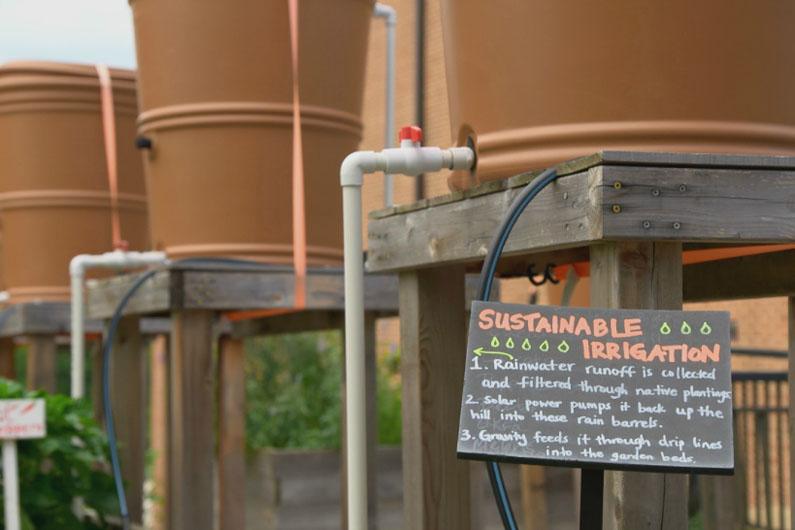
Community Learning Garden
UMD's Community Learning Garden grows produce, herb, and flowers using sustainable methods, and donates the harvests to the Campus Pantry. The CLG is a living classroom where students can practice environmental stewardship and agricultural sustainability, perform physical activity, and contribute to equitable food access. Join as a weekly volunteer or schedule a group volunteering event.
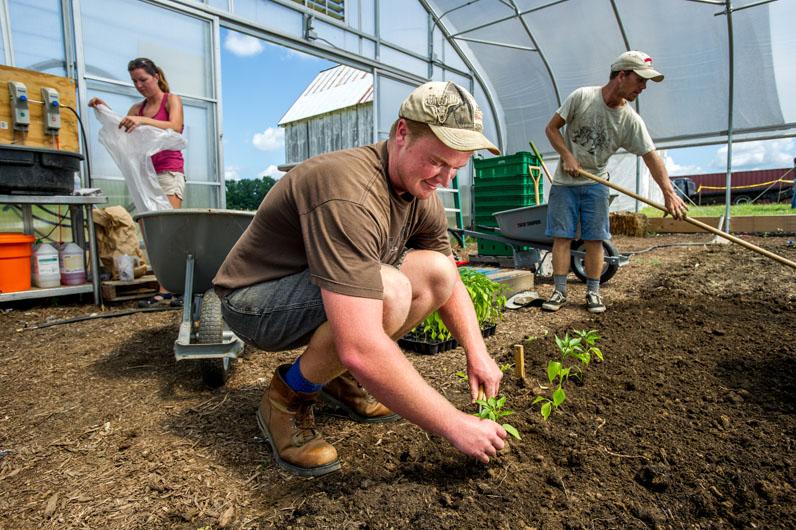
Terp Farm
The Terp Farm is located at the College of Agriculture and Natural Resources’ Maryland Agricultural Experiment Station. Terp Farm employs sustainable farming techniques to train the next generation of farmers. You can find produce grown by Terp Farm at campus dining halls, the Green Tidings Food Truck, and the Campus Pantry. Get involved by volunteering, internships, or a tour the farm!
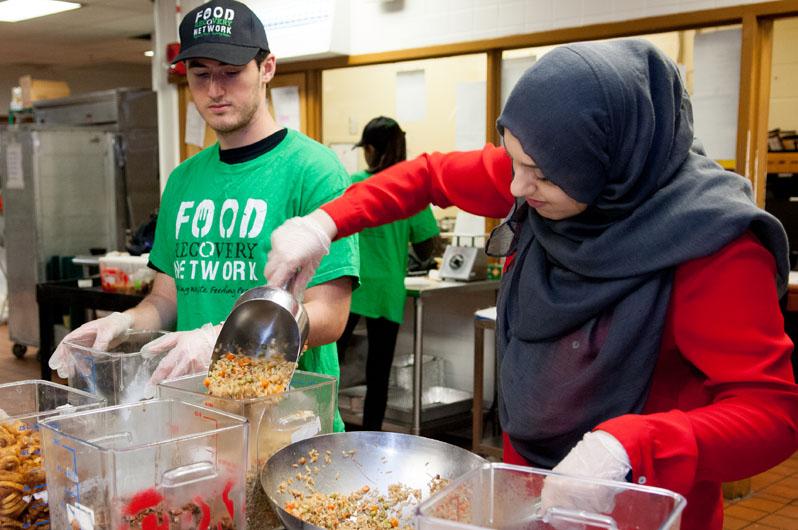
Food Recovery Network
Now a national movement to recover surplus food across the supply chain, the Food Recovery Network began and continues as a UMD student organization. FRN student volunteers recover surplus food from dining halls, events, and sports games that would otherwise go to waste and donate it to homeless shelters in MD and DC. Volunteer with FRN or request food recovery from your next event.
